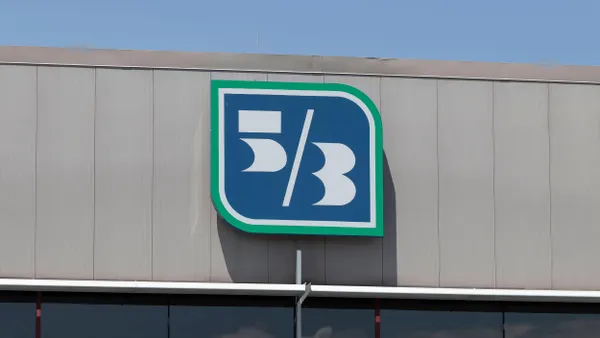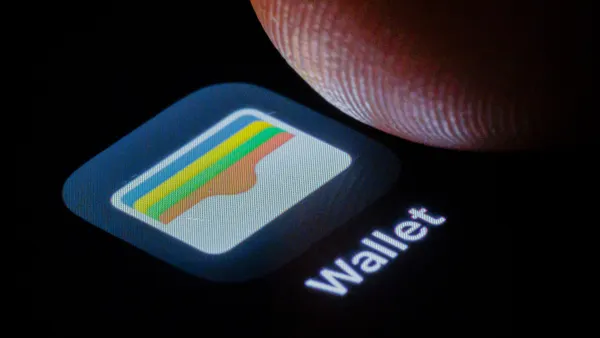Dive Brief:
- More than 80 Japanese banks have expressed interest in joining the Interbank Information Network (IIN), JPMorgan Chase’s blockchain-based payment network, Daizaburo Sanai, an executive director at the largest U.S. bank, told Bloomberg. That would push the network well past the 400 members JPMorgan said in September that it wanted to accrue by the end of the year.
- Japanese banks may want to use the IIN to boost anti-money laundering measures because it makes the screening of cash recipients "faster and more efficient," Sanai said.
- JPMorgan plans to launch the network in Japan as soon as January, he said.
Dive Insight:
JPMorgan launched the IIN as a pilot program in 2017, aimed at minimizing friction in cross-border transactions, by enabling payments to reach beneficiaries faster and with fewer steps.
"The more banks that join the network, the more dramatic the reduction in payment delays," John Hunter, JPMorgan's head of global clearing for treasury services, said in a statement. "As the network scales, our clients' payments will be processed faster with less operational expense."
About 40% of the network's banks are financial institutions in Asia, but the potential addition of a further 80 banks would give Japan the greatest number of banks on the network worldwide.
Japanese banks have been under pressure to bolster their plans to prevent money laundering and terrorism financing since the Paris-based Financial Action Task Force found deficiencies in the country in 2014.
When a payment is flagged for confirmation on the IIN platform, several parties can request and share information simultaneously, according to JPMorgan’s website.
Minimizing delays caused by inquiries between banks could enable "quick collaboration with law-enforcement authorities, which is an effective way" to fight money laundering, Takashi Endo, a treasury operations department officer at Sumitomo Mitsui Trust Bank, told Bloomberg. That bank has signed a letter of intent to join the platform.
Besides JPMorgan Chase, several banks and payment companies are making moves to speed up their cross-border payments services.
PNC Bank in August became the first U.S. bank to process cross-border payments on Ripple's blockchain payments platform RippleNet.
In July, payment network Mastercard acquired Transfast, a payments company that boasts a cross-border network reaching 90% of the world's accounts.













